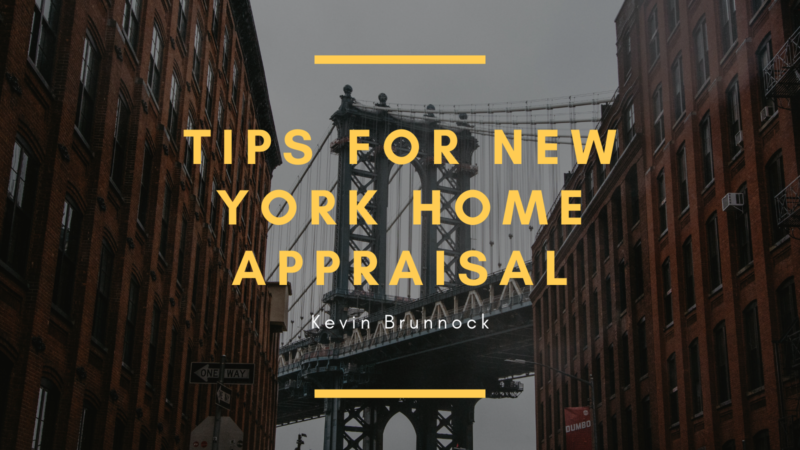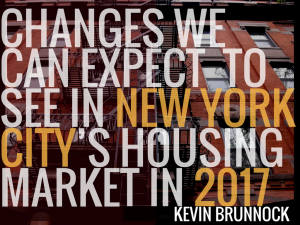If you are looking to buy a new home or just refinance your current mortgage, your lender will want to schedule an appraisal. This objective assessment helps to determine what your home is worth. Something that ranks high to all lenders is the consideration of collateral on their loan. Whether you are buying or selling, it will help you get a feel for how appraisals work. Here’s how you can prepare for your NYC home appraisal.
What’s Involved?
So what should you expect if you have someone come to your home to appraise it? An appraiser’s job is very similar to a home inspector’s position, with some tiny differences. Items that range from big to small will be taken into account by your appraiser, so that geometric mural that you did during the lockdown may need to go.
Things That Go Into a Home Appraisal
While your potential buyer may love your place and decide that they are ok with your asking price, all lenders will require you to have your home appraised to determine its value. To help them arrive at an estimate, they will look at the following:
- Your home’s exterior: The appraiser will look at just about every part of the construction of your home. From the roof to the foundation, walls, and flooring, these will all be the potential cause for the house’s value to decrease if the appraiser finds something wrong.
- Size: A big part of determining the home’s value is the slot’s size and square foot of the lot. The more rooms and bathrooms that a house has can help to raise the value of the home. Knowing the floor area or FAR of the property will tell you if space has room for extensions, which can be another factor in the value.
- Condition: Just like your exterior, the appraiser will go over the inside of your home with a fine-tooth comb. The flooring, kitchen, plumbing, electrical, and lighting are all components that your appraiser will be assessing.
- Improvements: Your appraiser can also help you determine what might need to be updated to increase your home’s value. Renovating a bathroom or adding an HVAC system can add years of life to the property, which helps increase the value.
Who Receives the Appraisal Information?
The final verdict will be gathered by your appraiser and at the disposal of who ordered it; this is usually the lender. It is then up to them how the information is distributed, regardless of who paid for it. If the buyer asks for an appraisal, the lender is obligated by law to release that information. Your appraisal is valid for six months, but market prices can change quickly. Many lenders will only consider an appraisal to be valid for about three months. Any changes to the market or the property can drastically alter the value price.






